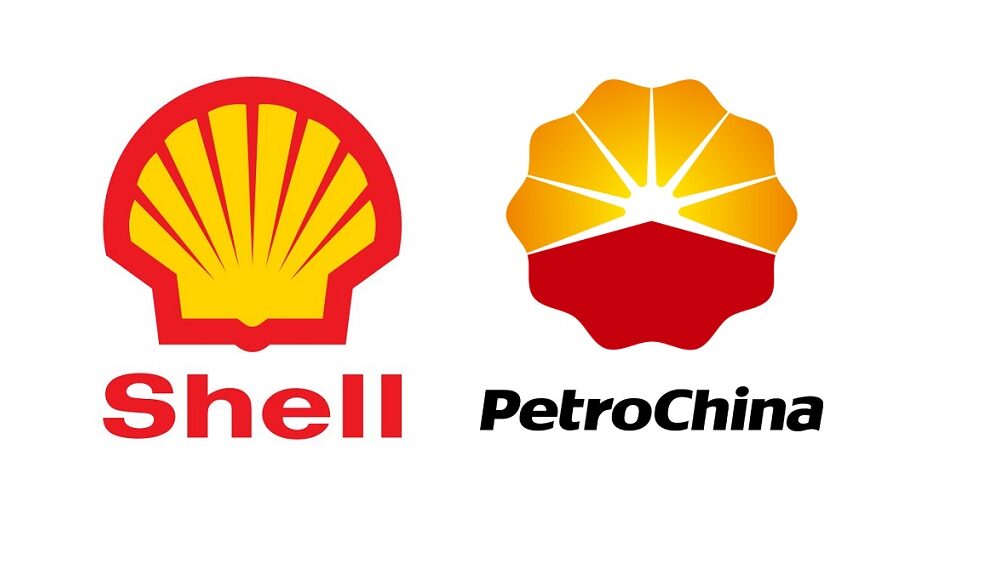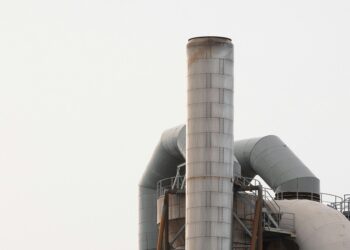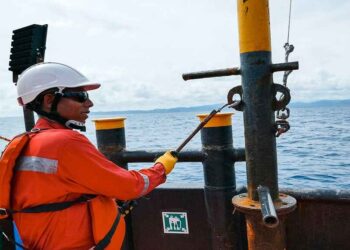PetroChina has received its first carbon-neutral liquefied natural gas (LNG) cargo at Dalian port of China, after signing the industry’s first term contract for carbon-neutral LNG supply with Shell.
Shell Eastern Trading Pte Limited (Shell) has signed a five-year agreement with PetroChina International Co. Ltd. (PCI) for the supply of carbon-neutral LNG. For each cargo delivered under this agreement, PCI and Shell will cooperate to offset life-cycle carbon dioxide equivalent (CO2e) emissions generated across the LNG value chain, using high-quality carbon credits from nature-based projects.
The carbon credits used to offset life-cycle CO2e emissions generated from the cargo delivered today, come from Shell’s global portfolio of emission reduction projects, that protect and enhance forests in China and other parts of the world.
Nature-based projects protect, transform or restore land and enable nature to add oxygen and absorb more CO2 emissions from the atmosphere. Each carbon credit is subject to a third-party verification process and represents the avoidance or removal of 1 tonne of CO2e.
PCI is a wholly owned subsidiary of PetroChina Company Limited (PetroChina) which is the largest oil and gas producer and distributor in China and with this deal, PetroChina will be able to provide carbon-neutral gas to Chinese businesses and households in line with China’s 2060 carbon-neutrality aspirations.
Commenting on the agreement, Mr. Tian Jinghui, Executive Chairman of PCI stated “In pursuit of the carbon neutrality goal, PetroChina is committed to a green and low-carbon development strategy. We are pleased to partner with Shell, through this cooperation in carbon-neutral LNG, in realising the long-term objective of net zero emission for the energy industry.”
Commenting on the agreement, Steve Hill, Executive Vice President Shell Energy stated “Since delivering the world’s first carbon-neutral LNG cargoes in 2019, we have collaborated with producers and buyers across the globe for 13 other carbon-neutral LNG cargoes. This first term deal is an important step in scaling up the market for carbon-neutral LNG and we are very grateful to our valued partner PetroChina for their collaboration in enabling this industry milestone.”
To decarbonise LNG, all levers will need to be pulled. Avoiding emissions where possible, reducing emissions where they cannot be avoided, and offsetting emissions when they cannot be avoided or reduced. As more ways to avoid and reduce emissions develop at scale, the industry needs to work together to use high-quality carbon credits to compensate for greenhouse gas (GHG) emissions along the LNG value chain that are otherwise hard-to-abate.
Economic growth and supportive coal-to-gas switching policies have led China to become the world’s second largest LNG importer. In 2020 Chinese LNG imports reached 67 million tonnes and are expected to nearly double by 2040



















































